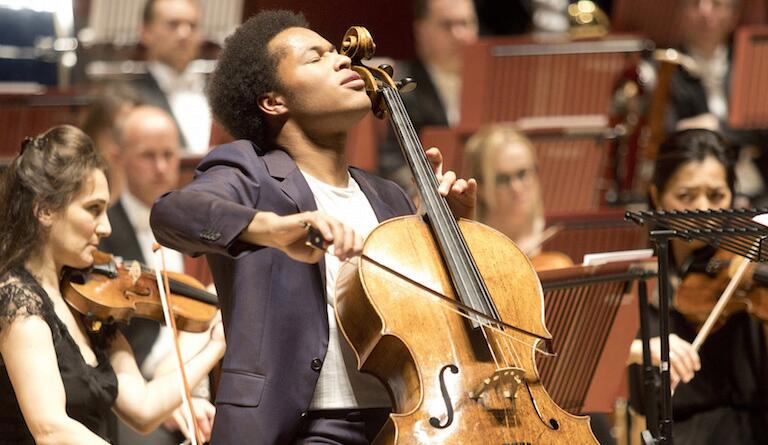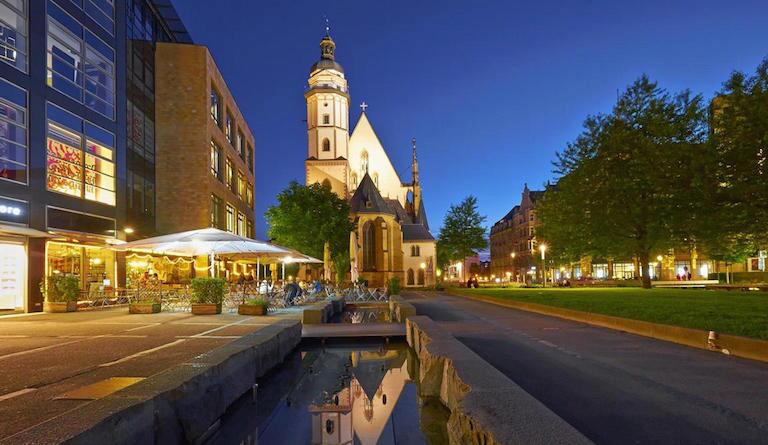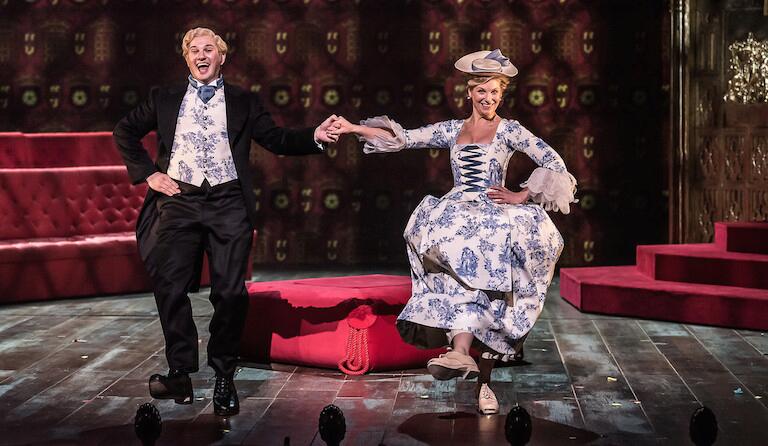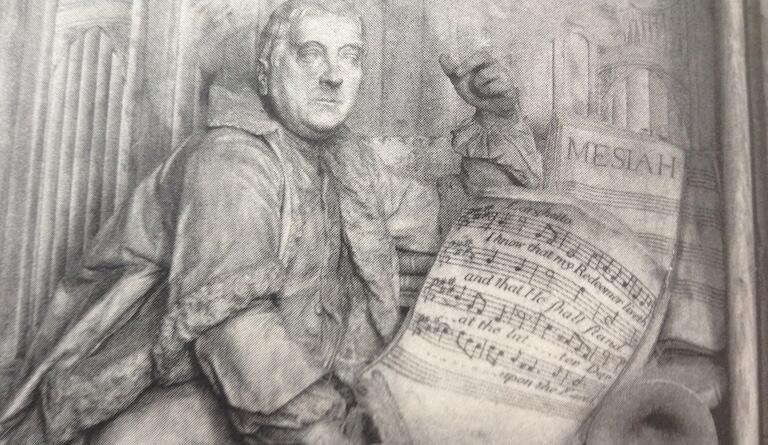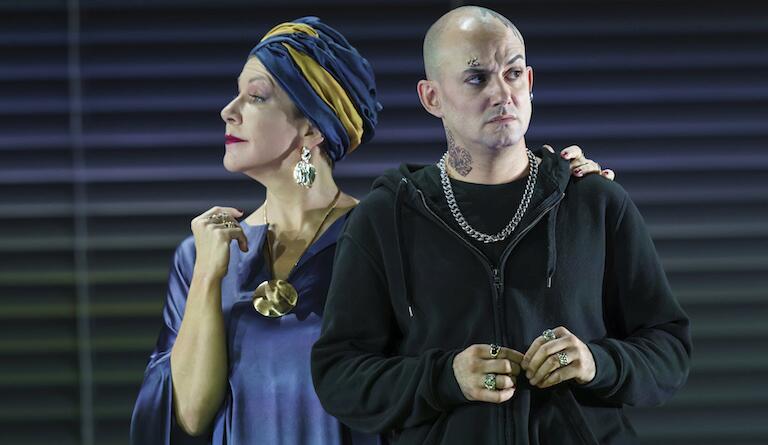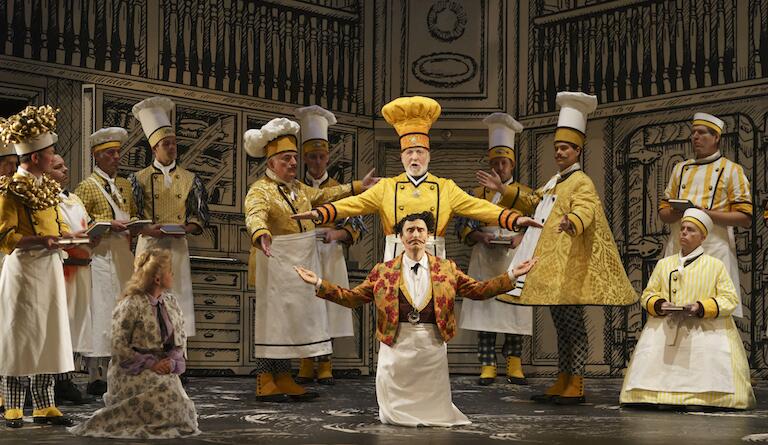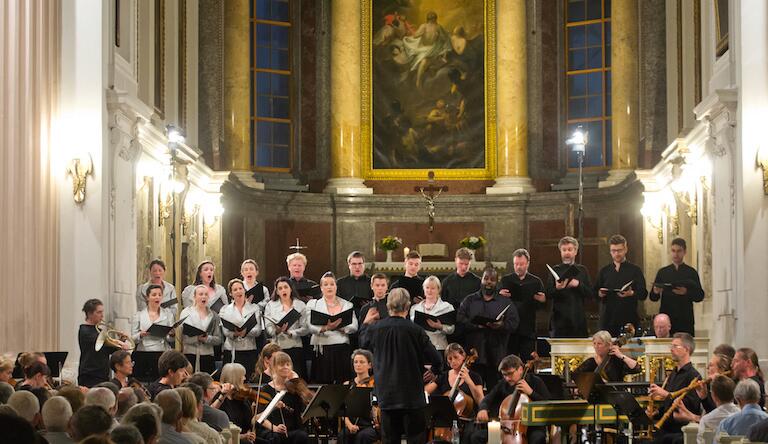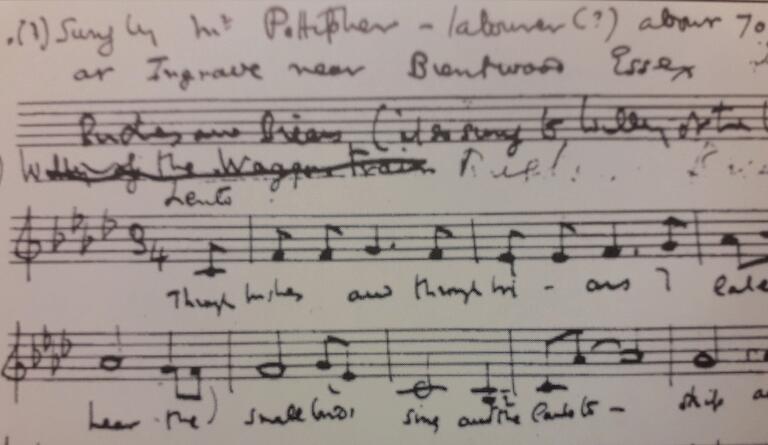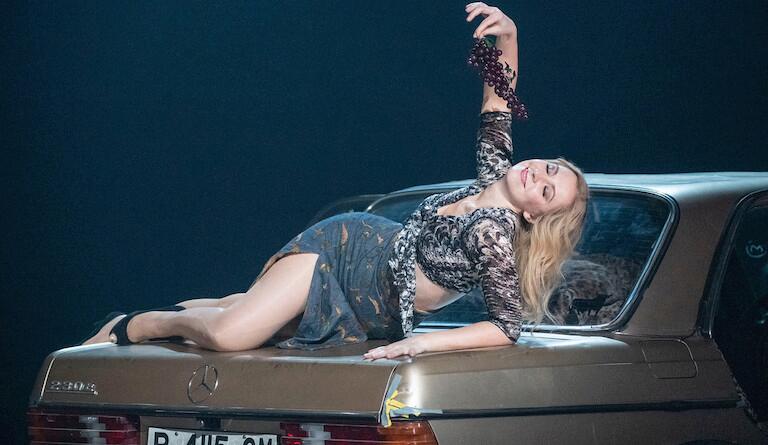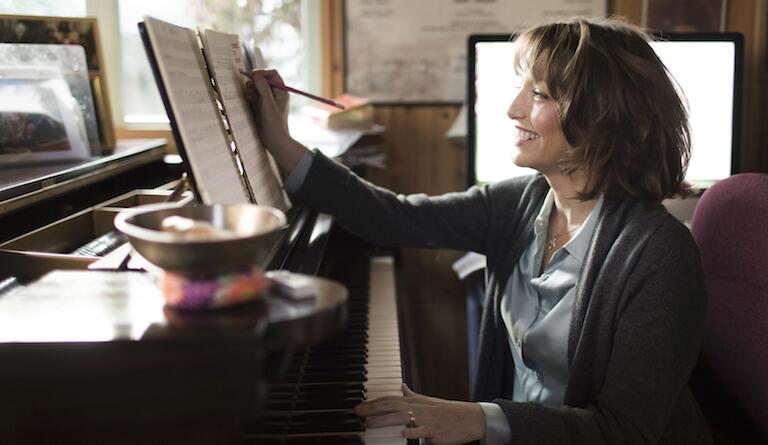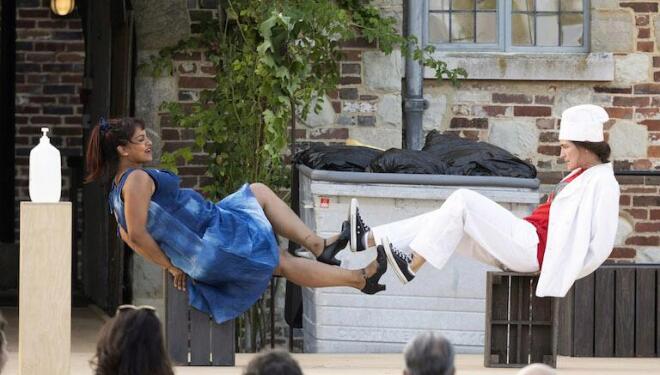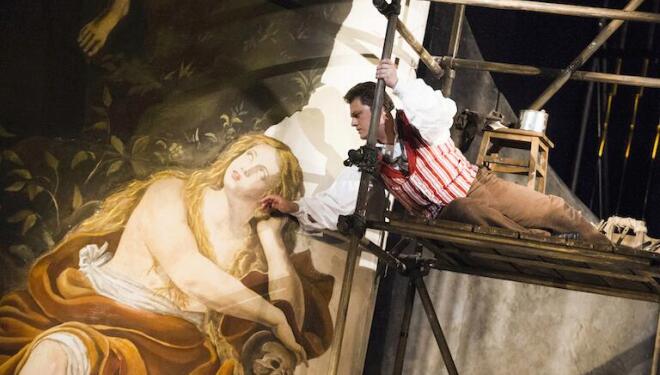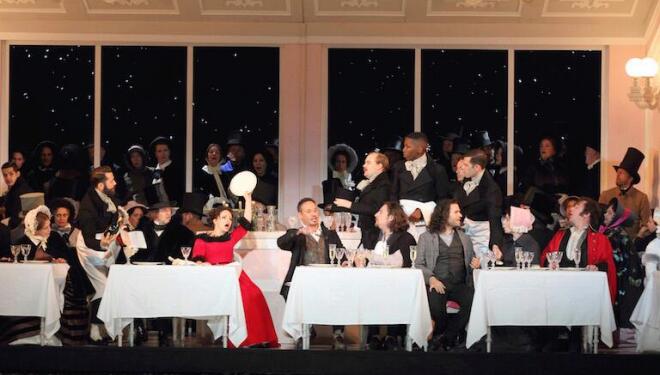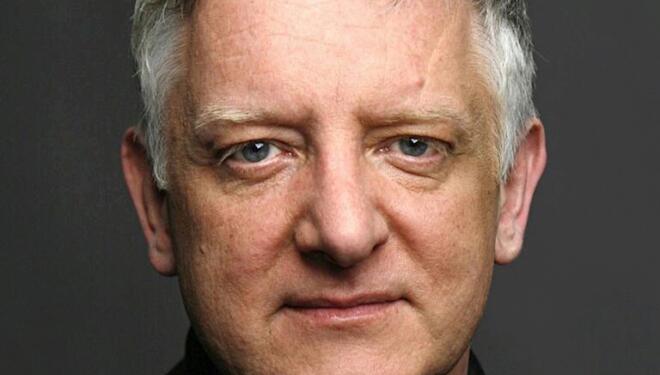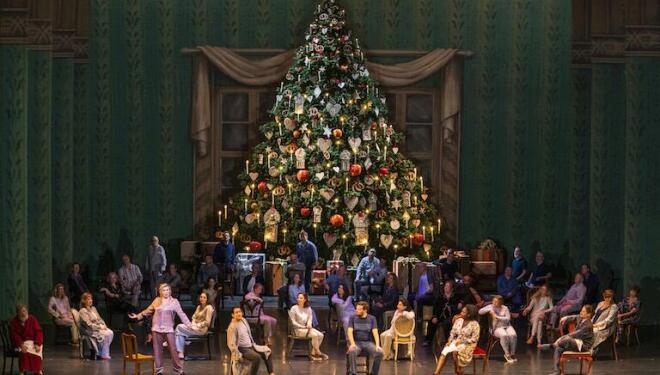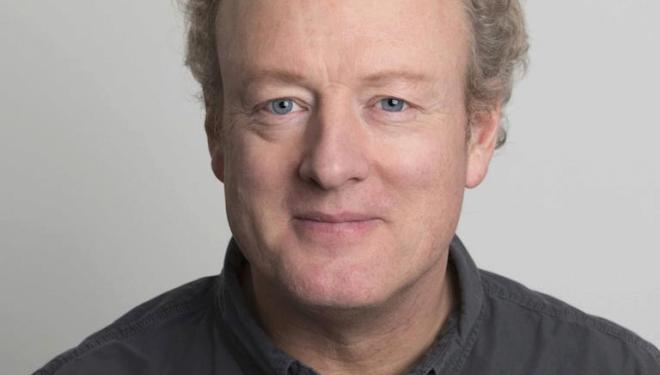George Frideric Handel (1685-1759)
Handel was born in Halle, Germany, but he made his home in London, where his Brook Street house in Mayfair is today a must-see for all music-lovers. He influenced... well, everything and everybody on the London music scene in the first half of the 18th century. While he wrote operas at a rate of knots, and then, as his style fell out of fashion, oratorios, local composers worked hard to keep up. Today new generations of singers, players and creatives find endless new possibilities in his vast output. Watch Messiah performed under Covid restrictions at his church, St George's, Hanover Square, for the annual London Handel Festival here.

